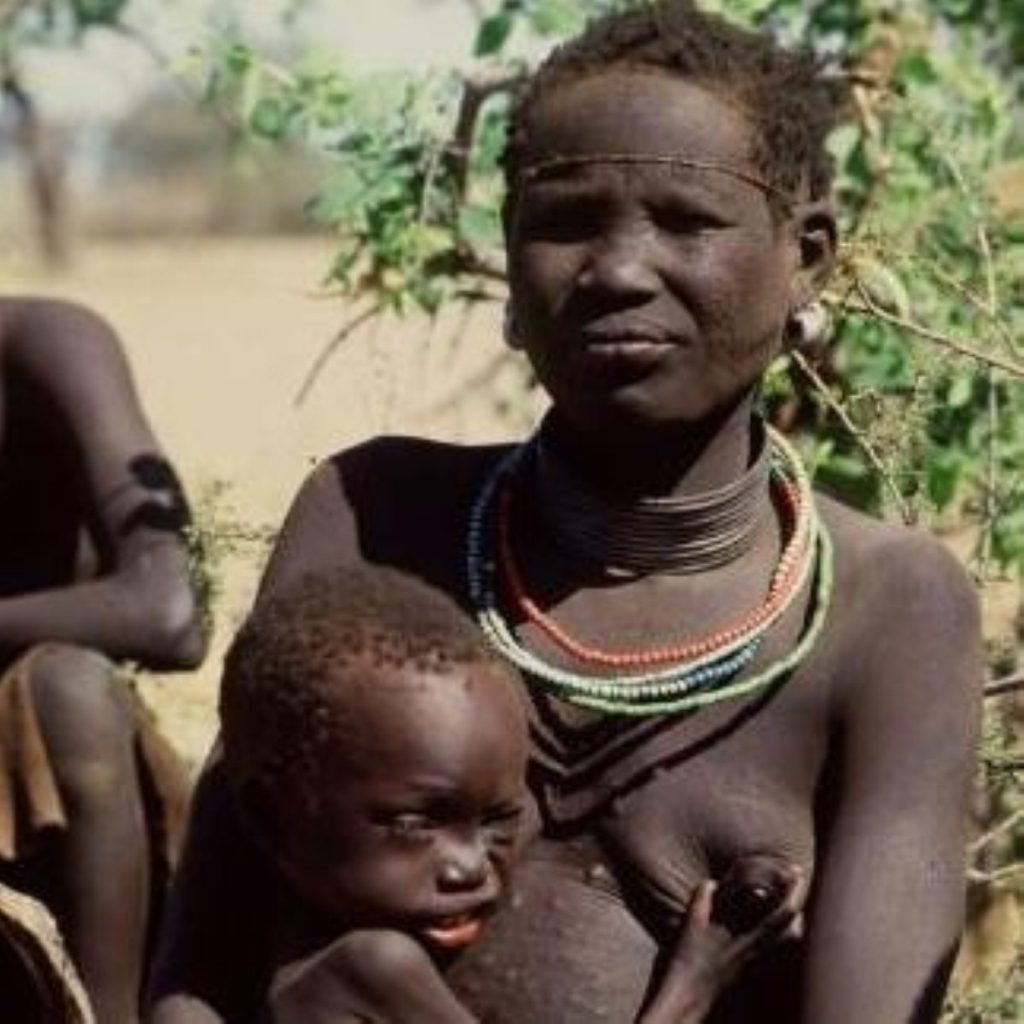Worldwide protests against Darfur suffering
Protests took place in approximately 40 countries around the world today to mark the ongoing humanitarian crisis in Darfur.
The demonstrations, held to mark International Human Rights Day, targeted Sudanese embassies, where rape alarms and whistles were blown to highlight the devastatingly high numbers of rapes currently being suffered by women in the Darfur region.
At 10:00 GMT this morning hundreds of people blew whistles and sounded rape alarms outside the Sudanese embassy, before moving to Downing Street by 11:30 GMT.
Organisers claimed that 2,000 people attended the protest, in which the Khartoum government was accused of using rape as a “weapon of war” in its effort to crush the armed militias in the Darfur region.
“We’re now at a turning point. Either the international community can turn its words into actions and hold the government of Sudan accountable for its violations, or it can turn its back on the people of Darfur,” Amir Osman, speaking on behalf of the Globe for Darfur coalition, said before the protest.
Lord Triesman, a junior Foreign Office minister, said that he had “gladly accepted” a petition sent by the demonstrators and said that it reflected widespread “concern that this terrible situation must not continue”.
“Importantly, the Global Day for Darfur keeps the international spotlight on the suffering of the people there,” he added, calling on all parties to respect the current ceasefire.
As protests took place in countries around the world including Australia, the USA, Kenya, Egypt, Ethiopia and Spain, reports from Darfur itself emerged that 22 people had died yesterday after a convoy was ambushed by militiamen.
African Union peacekeepers seeking to investigate the deaths were themselves attacked by local villagers, but it remains unclear whether they have yet escaped or continue to be held as hostages.
British prime minister Tony Blair yesterday hinted that the international community would be forced to consider “alternative approaches” if current efforts to secure peace in the region continue to be unsuccessful.
His comments were reinforced by the remarks of international development secretary Hilary Benn on the Channel 4 News programme yesterday, who said that the Khartoum government had to “honour that commitment” if they wanted to avoid punitive measures from abroad.
“[If] we can’t get more troops in on the ground to provide protection to the people who are continuing to have to flee their homes, then I think the international community will have to take further sanctions against the government,” Mr Benn said.





-01.png)